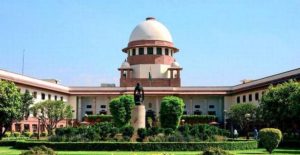Karan Singh’s Proclamation of 1949
In its recent ruling, the Supreme Court upheld the abrogation of Article 370 on December 11, emphasizing that Jammu and Kashmir did not retain sovereignty after joining the Union of India. Chief Justice D Y Chandrachud, in his judgment, recalled Yuvraj Karan Singh’s proclamation in November 1949, which reflected the “full and final surrender of [J&K’s] sovereignty… to India.” The court’s ‘Essence of the Judgment’ stated that J&K did not retain sovereignty upon joining the Union.
Proclamation Details
Karan Singh’s proclamation declared the repeal of the Government of India Act, 1935, and affirmed that the Constitution of India, applicable to J&K, would govern the constitutional relationship. The Constitution would supersede all inconsistent provisions in force, marking the surrender of sovereignty.
Purpose of the Proclamation
Karan Singh, at 92, clarified that the proclamation was necessary to eliminate ambiguity regarding J&K’s integration into India. The Instrument of Accession signed by Hari Singh, J&K’s ruler, raised questions about integration. The proclamation aimed to address this ambiguity.
Centre’s Argument
The Centre, during the hearing, argued that the 1949 proclamation acknowledged the supremacy of the Indian Constitution and surrendered sovereignty to “We the people of India.” The Supreme Court’s ruling aligns with this perspective, asserting that J&K did not retain sovereignty after joining the Union.
Month: Current Affairs - December, 2023
Category: Legal & Constitution Current Affairs


